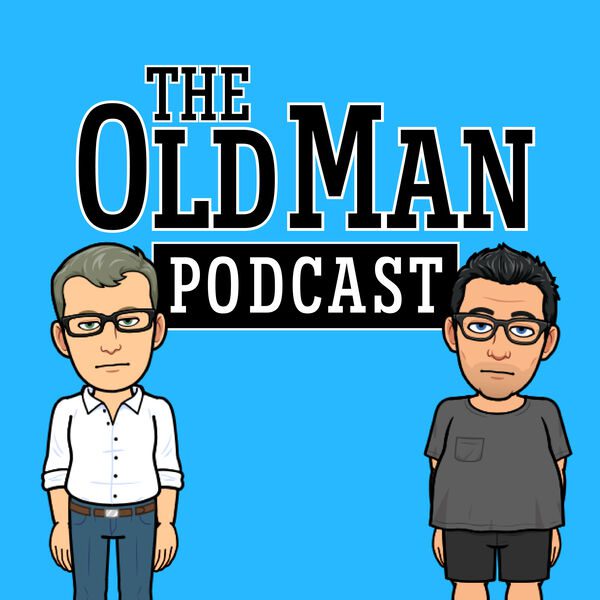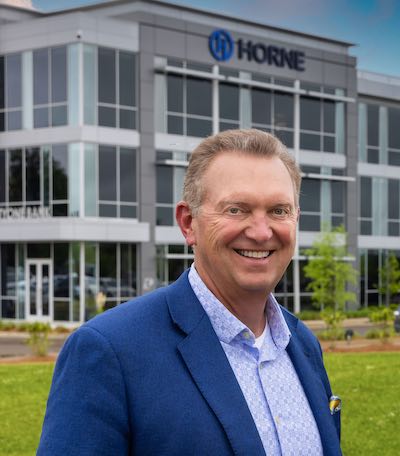3 Top Reasons to Seek an Early Medical Workup

Have you repeatedly gotten lost in familiar places, seen people that were not there (hallucinated), or experienced uncontrollable bouts of laughter or crying, even though there was nothing sad or funny happening? These are just some of the 22 Clues™ – signs and symptoms which may suggest that something’s amiss and that the path ahead may not be straight as an arrow. Is it ever? It’s worthwhile to discuss all cognitive-related symptoms with your doctor(s).
As many have been quoted saying, “The bend in the road, is not the end of the road unless you fail to negotiate the turn.”
“There are many reasons to get an evaluation and early diagnosis,” says Daniel L. Murman, MD, director of the behavioral neurology division in the department of neurological sciences at the University of Nebraska Medical Center in Omaha. “One is making sure that there’s not something reversible or treatable that’s causing those symptoms or contributing to them, [like] a Sleep disorder [or] a previous Stroke.”
If, after an extensive series of tests, evaluations, and a second opinion, your doctors believe that you likely have a more permanent cognitive impairment of some kind, there are benefits to having gotten an early workup. Beyond the very important aspect of getting an accurate diagnosis, here are three other advantages:
Live life to the fullest
An earlier diagnosis allows you more time to choose people to make medical and financial decisions on your behalf one day. You can designate a power of attorney to manage your finances and a medical power of attorney to communicate your wishes to doctors. Then, share your Money- and health-related preferences with the people you choose. People who aren’t diagnosed early – or who delay making these decisions – may not get to relay their wishes to their relatives.
This added peace of mind, knowing that your wishes will be more likely honored as time progresses has the power to release you from emotional burdens. It can also result in greater well-being, more opportunities for adventure, and an increased ability to live a life rich with experiences to share with those you love, now and into the future.
Advance planning and advice can bring life-saving benefits
People with early-stage Dementia, regardless of the type/cause, may become confused or disoriented, which may make it more difficult for them to drive, and they may become more susceptible to financial scams.
After a diagnosis, your loved ones, along with medical and non-medical professionals can keep tabs on your overall health, legal and financial well-being, your home safety, as well as assess your driving skills. Be aware, they may ask you to surrender the car keys or your checkbook. Why? Your safety and the safety of others are paramount. Having their help and guidance could help prevent you from making decisions, that you wouldn’t have made without the cognitive impairment.
Help yourself and help others
There are no cures for or ways to significantly modify the diseases and disorders that cause Dementia. That said, some future medications may end up addressing the changes in pathology and may work best before any disease(s) progress. As an example, although controversial, the U.S. government recently approved a drug to be administered under certain clinical trial conditions for the early stages of Alzheimer’s disease.
The same goes for Vascular Dementia, Lewy Body Dementia, Frontotemporal Degeneration, CTE, and all other causes of Dementia: getting an early workup by medical professionals may mean that you will be eligible to participate in one or more clinical trials. Your involvement could alter the outcomes of research that may someday change the world through breakthrough therapies and treatments!
Contributor: Lisa Fields is a full-time freelance writer who specializes in health, psychology, sleep, nutrition, and fitness. Her work has been published by Reader’s Digest, WebMD, Women’s Health, Good Housekeeping, Self, and many other publications. Learn more about Lisa at https://www.writtenbylisafields.com.
The opinions expressed by contributing authors are not necessarily the opinions of the Dementia Society, Inc. We do not endorse nor guarantee products, comments, suggestions, links, or other forms of the content contained within blog posts that have been provided to us with permission, paid or otherwise. Dementia Society does not provide medical advice. Please consult your doctor. www.DementiaSociety.org























